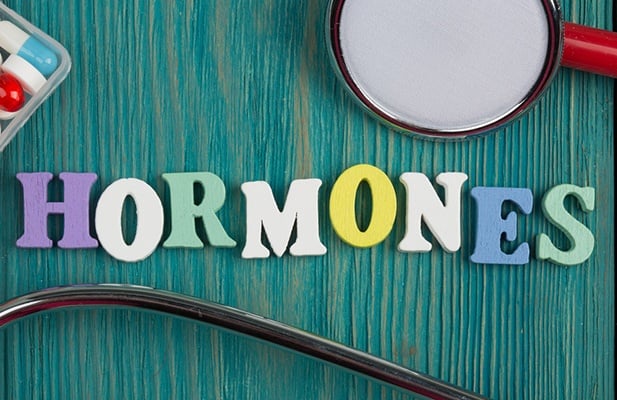
Many men nearing middle age notice that they are slowing down a little bit, and not functioning as well as they did when they were younger. While some slow-down with age is normal and inevitable, sometimes it can be difficult to tell the difference between normal aging and low testosterone, particularly because the “normal” range of testosterone varies greatly between individuals.
Low testosterone, however, is a medical condition that negatively impacts a man's quality of life, and because it tends to happen gradually, is often not understood for being as serious as it is.
Here are some of the signs to be aware of:
- Lowered sex drive. Reduced interest in sex and lowered libido aren't necessarily simply signs of age or inevitable in a long-term relationship. It may be a sign of low testosterone.
- Difficulty getting an erection. Difficulty achieving or maintaining an erection, along with reduced frequency of spontaneous erections, is a sign of low testosterone.
- Chronic fatigue. If fatigue is paired with difficulty sleeping, significant changes in sleep patterns, or prolonged decrease in overall energy (chronic fatigue), it may be a sign of a health issue.
- Decreased muscle mass and increased body fat. While some decrease in muscle mass is normal with age, it's usually attributed to lifestyle changes. If you are losing muscle mass and gaining weight without significant lifestyle changes, it may not simply be a case of needing to hit the gym more often. It might be a cause for concern.
- Mood changes. Men with low testosterone may experience feelings of depression, irritability, or a loss of concentration.
Prolonged periods of low testosterone may eventually result in other, more serious health concerns, such as infertility and decreased bone mass. If you are experiencing several of these symptoms, particularly if you are under the age of 60, it could be indicative of a health problem, and not simply normal aging.
Finally, many of these symptoms are associated with other serious medical conditions, and should not be disregarded. It's a good idea to have your testosterone checked, and consider hormone replacement therapy. Hormone replacement therapy can reduce many of these signs and symptoms, and improve your quality of life for years to come. Don't accept slowing down as normal and inevitable; you can take action to regain your youthful vitality right now.









